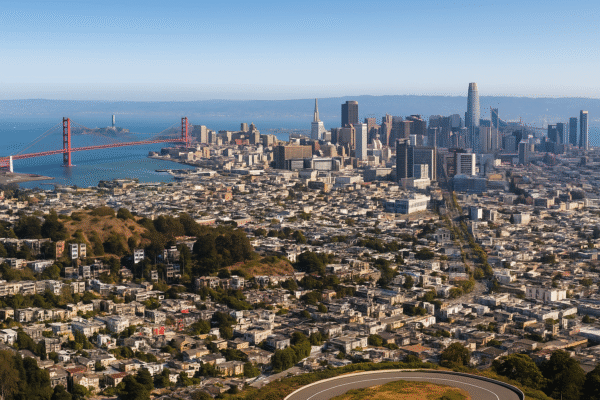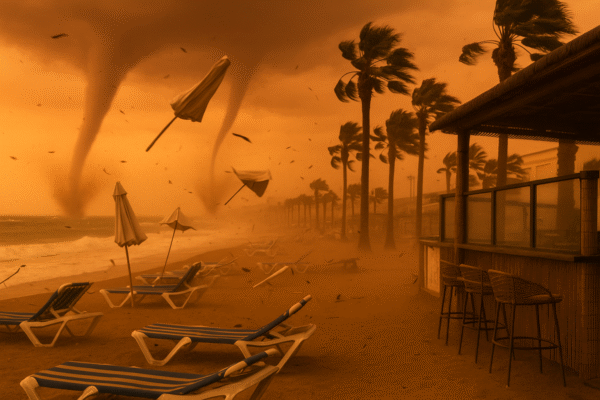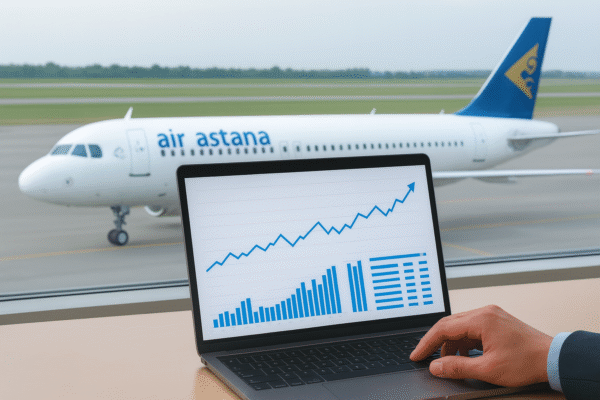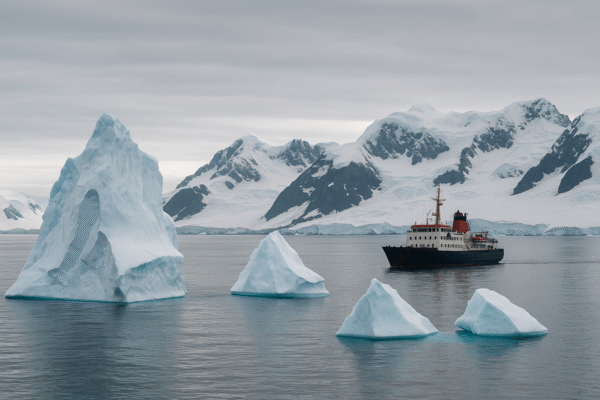The stark, icy expanses of Antarctica have long symbolized Earth’s last frontier—untouched, remote, and awe‑inspiring. Recently, however, a joint German–Chilean scientific initiative has illuminated how even this remote wilderness is not immune to the creeping impacts of human activity. Their pioneering study, traversing some 2,000 km (1,240 miles) across the continent, has documented alarming increases in pollutants, especially heavy metals and black carbon, tied to both tourism and research operations. This calls for an urgent recalibration of how we explore and protect the White Continent.
A Rising Tide of Tourism and Its Consequences
Tourist footfall in Antarctica has exploded—from roughly 20,000 visitors annually two decades ago to well over 120,000 today, according to IAATO (International Association of Antarctica Tour Operators) data. This six-fold escalation has triggered environmental red flags, particularly around the popular Antarctic Peninsula, where landing sites and research bases overlap.
The study by researchers from Chile and Germany spanned multiple seasons and the full length of the Antarctic Peninsula to the Ellsworth Mountains. They uncovered elevated levels of heavy metals—including nickel, copper, zinc, and lead—in surface snow and ice near tourist sites and research outposts. These pollutants, carried by local emissions from ships, vehicles, and station operations, leave distinct geochemical signatures in the snow.
Snow Darkening and Accelerated Melt
A major concern emerges from the deposition of black carbon (soot) and heavy metals: they darken snow surfaces, reducing albedo (reflectivity) and accelerating melting. The researchers estimate that each tourist contributes to melting dozens—even hundreds—of tons of snow per visit, while research infrastructure and operations impose an even larger footprint.
Glacial Impacts and Climate Feedbacks
Beyond surface snow, studies of glaciers like Union Glacier in the Ellsworth Mountains—monitored by Chilean scientists—report early warning signs of warming and mass loss. Combined with the pollution study, these findings illustrate how human activity both directly and indirectly undermines Antarctica’s environmental integrity.
Steps Forward: Regulation and Cleaner Practice
Encouragingly, the study notes some meaningful advances: the global ban on heavy fuel oil (HFO) in Antarctic waters and the growing adoption of electric‑hybrid ships are key steps forward. But the sheer increase in human presence outweighs partial gains, emphasizing the need for deeper action.
Antarctic governance frameworks, including the Madrid Protocol, designate the continent as a natural reserve, requiring environmental impact assessments for all activities and enforcing strict pollution and waste regulations. However, the study suggests that heightened human activity calls for stronger enforcement and expanded protections.
Sustainable Tourism: A Key to Antarctica’s Future
Tourism operators are acknowledging their responsibility. IAATO members—under guidance from entities like the Antarctic Treaty System—have introduced cleaner vessel technologies and revised logistics to reduce environmental disturbance. Still, the volume of visitors continues to grow, pointing to the need for caps on visitor numbers, expanded no‑go zones, and enhanced monitoring.
Why It Matters for Travelers and Planet
For eco-conscious travelers, these findings reinforce the principle that experiencing Antarctica comes with responsibility. Visitors must support operators using clean energy, low-impact logistics, and stringent practices of waste management and wildlife protection.
The future of Antarctica hinges on the collaboration between scientists, policymakers, operators, and visitors. If we are to preserve its fragile ecosystems—including penguin colonies, seal populations, and millennia-old ice—it’s time for the global community to commit more deeply to sustainable polar stewardship.
For more travel news like this, keep reading Global Travel Wire












